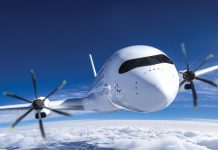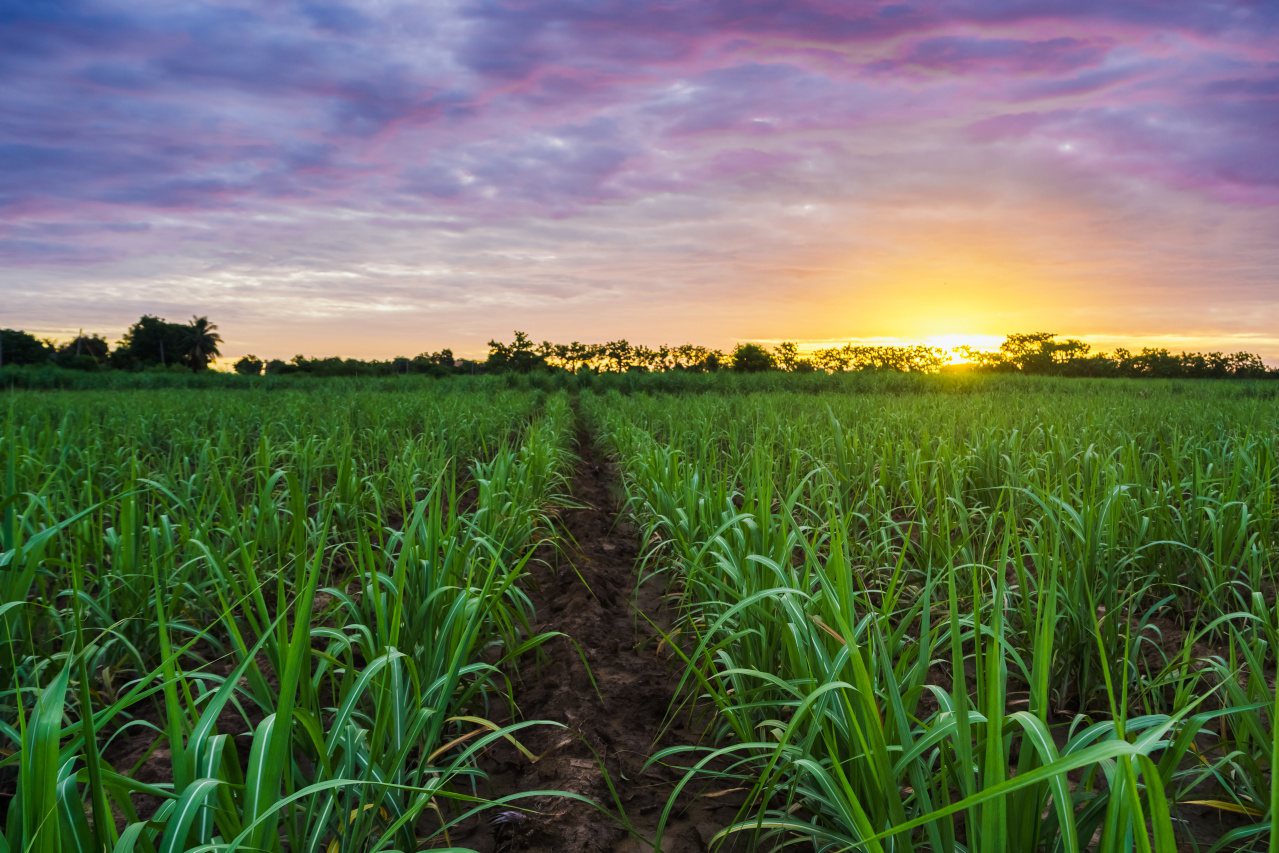A FedEx Boeing 777 freighter has created history by flying from Seattle to Memphis and back on 100 per cent biofuel. Made with a blend of animal fats and plant oil, the fuel is refined to match jet fuel but has three to four per cent more energy by volume than regular jet fuel.
Boeing has been testing biofuels for several years in their lab in Seattle using algae, plants and other biological mass including garbage and wood chips.
Jeanne Yu, Boeing’s Director of Technology Integration and ecoDemonstrator, was there at the beginning of the testing and was on the historic flight. ‘The specific fuel performance has improved by three to four per cent so we’re getting better performance with biofuels because of higher energy density. The specification for jet fuels today allows for up to 50 per cent biofuels so what we’re trying to do is push the envelope up to 100 per cent biofuel. We’re also looking at the certification process for those fuels. It’s a 12-step process today. We’re trying to reduce that to five, which opens the door and the gateway to more entrants into the biofuel application,’ said Yu.
The other main attraction of biofuels to airlines are cost savings. The price for biofuel has dropped by nearly 40 per cent and has already become a regular part of aviation. Biofuels are available at many US airports today and will certainly become more common.
Boeing’s biofuel program is not, however, just about the fuel. It has also been looking at other efficiencies such as airport approach paths that could save on fuel as well as keeping flights on time. It argues that using a common approach angle can reduce engine wear, use less fuel and allow for greater traffic density.



